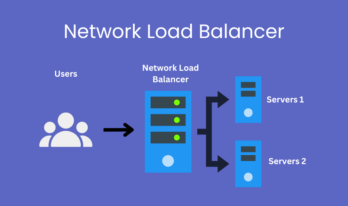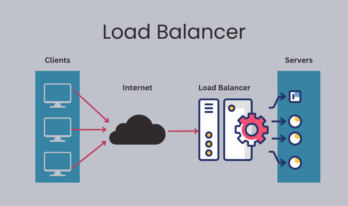Businesses need each other to thrive. The interrelationship between businesses is the main backbone of their success. A lot of businesses collaborate every day, and there will still be more to come as it’s an unending cycle in the world of business. This culture has helped many businesses develop and maximise their output, which in turn grows their values and income.
As there is a need for business collaborations, there are recipes for great business collaboration and partnership. The downside of a bad partnership can be more devastating than imagined, as a long-existing successful business can cease to exist with just one bad partnership. So, before a partnership/collaboration agreement is reached between businesses, there are diverse underground processes that must be carried out, which can span over any length of time.
These processes take longer and might be prone to errors if they are manually done and not scrutinised. For this reason, workflow and process automation, with the help of emerging technologies like AI, need to be injected into every business process, most importantly, the business verification process, which has been the bedrock for every business collaboration and partnership. The infusion of emerging technologies, like AI, has become the order of the day.
What is Know Your Business (KYB)?
Know your business is a verification process in which a business's legality is verified, and this process involves checking the existence of the company/business. It’s registration details, regulatory compliance, financial records, and other necessary details for establishing a business relationship. No one would like to incorporate an illegal business into any relationship or have a relationship with a business that is going bankrupt because of bad financial decisions and management.
The need for emerging technologies in KYB
KYB is a delicate process that needs an unbiased and consistent view; therefore, human interpretation and judgement may vary and result in a high rate of inconsistency. AI follows predetermined instructions without deviation since human interpretation and judgement vary and lead to a high rate of inconsistency; therefore, inconsistency is a fundamental requirement for automating the KYB process. This disparity may result in uneven compliance and decision-making within an enterprise.
Manual verification procedures might not always satisfy industry standards or legal obligations. Businesses may neglect to follow important regulations and run the danger of fines, penalties, or legal ramifications if adequate checks and balances are not in place.
The limited data analysis that goes into human business verification is another reason why automation is necessary. Advanced data analysis techniques may not be fully utilized by Know Your Business manual processes. Businesses risk missing out on important information that may guide risk management and decision-making in the absence of automated tools for processing and analysing massive datasets.
The Dawn of AI and Other Emerging Technologies in Businesses
The value of the AI market is predicted to be worth $100Bn by 2030, the use of AI in businesses is not for fancy nor for following the trend pattern, it is a resource that efficiently helps to deliver faster results when compared to humans.
AI and machine learning are fractions that can’t be separated and have been in existence for decades, before the virality of OpenAI ChatGPT in late 2022 and 2023.
Businesses using digital technologies have always integrated AI into their products, but over time, we've seen significant advancements in AI technologies, especially with the launch of generic AI products.
The use of these technologies will give businesses the opportunities to be efficient and deliver more customer needed services and as regards KYB, it would make compliance more effective.
How AI and Emerging Technologies have improved KYB
Enhanced Compliance: with the use of AI and machine learning in the corporate verification process, regulatory compliance has been strengthened, as the essential safeguards against both regional and international penalties. Politically exposed individuals (PEPs), enforcement databases, global sanctions, and other regulatory lists will all be thoroughly and consistently checked by the AI. Updates and essential checks are provided. Electronic papers are simple to audit and may be updated instantly. Lawsuits pertaining to regulatory compliance may result from manual verification's propensity for omission and outdating.
Process Automation: By automating every step of the business verification process with AI and machine learning, the laborious activity is completed quickly and without incident. This also guarantees a low labour force because fewer workers will be required to complete jobs that may be completed in a matter of minutes by an automated process that requires little to no human supervision. It may involve integrating real-time verification APIs or sending out reminders for when the next verification check is needed.
Automated Workflows: As compared to manual or other means of validation for KYB processes, integrating AI and ML efficiently verify and reduce the time cost of gathering, analyzing, verifying and ensuring data compliance with regulatory requirements. Traditional validation methods are prone to human error and inefficiencies, making them susceptible to mistakes. In contrast, AI and ML algorithms provide more accurate assessments of business legitimacy and can promptly flag suspicious or abnormal activities for further review. This proactive approach enables human operators to verify claims and ensure compliance more effectively.
Conclusion
In this modern era of AI, business identity verification shouldn’t be a laborious, error-prone, and time-consuming procedure. By automating this procedure with AI and machine learning, organisations will have a quicker, safer, and more affordable way to continue their due diligence while also significantly improving the speed, accuracy, and scalability of the verification processes.
Recommended For You:
What is an H1 Tag? Why is it Important?
Success Stories Businesses Thriving with Data Mining in Business Intelligence




